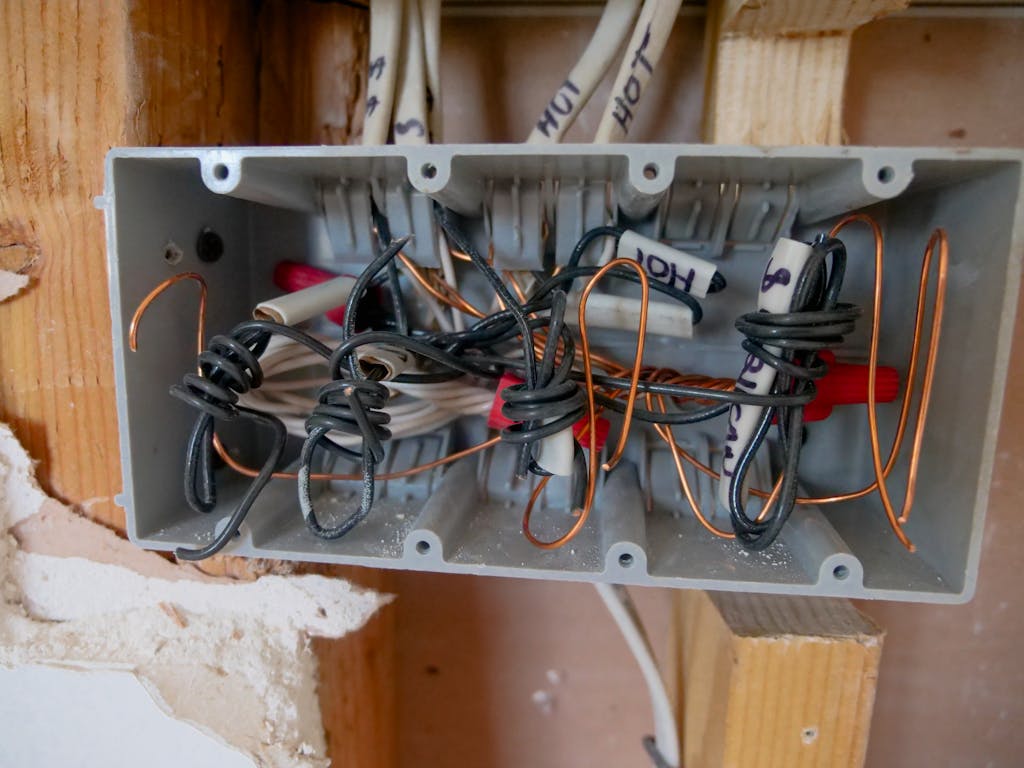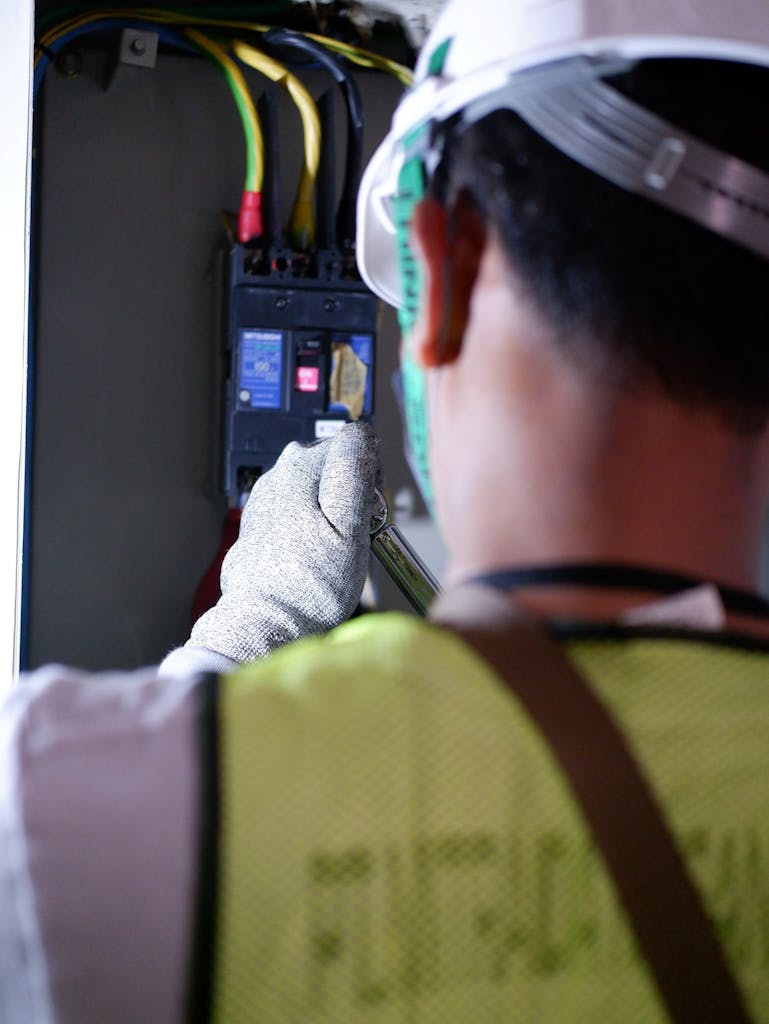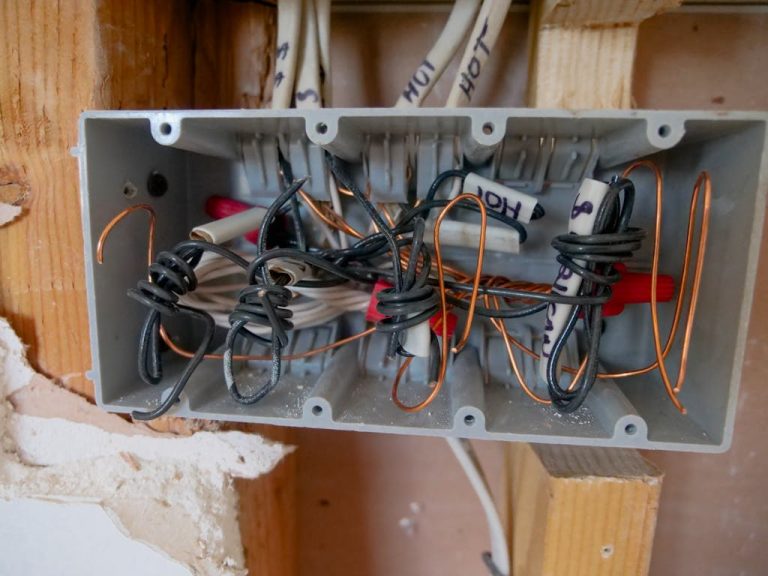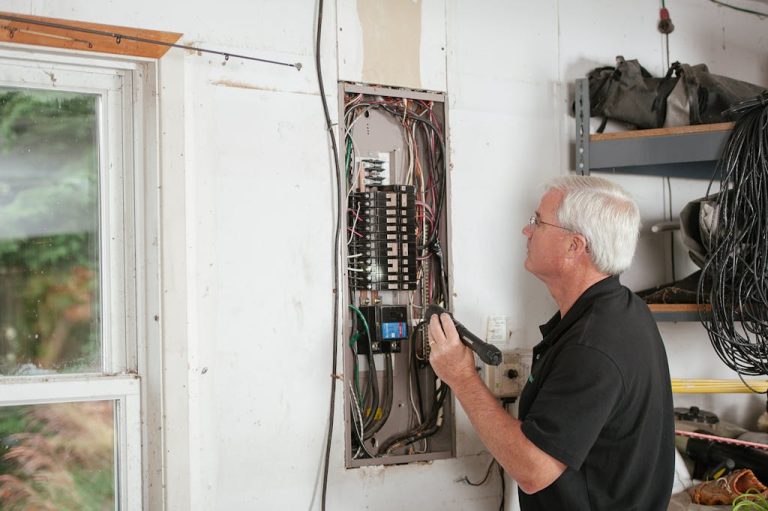Don’t Ignore the Early Warning Signs
Electrical problems rarely happen without warning. A flickering light, a buzzing plug, or a burning smell might seem small – until it leads to a major outage, electrical fire, or a failed Certificate of Compliance (CoC) inspection.
In South Africa, electrical faults are one of the leading causes of residential fires. Many of these could have been prevented by acting on early warning signs and calling a qualified electrician. Whether you’re a homeowner, landlord, or business owner, knowing what to look for could save your property and your life.
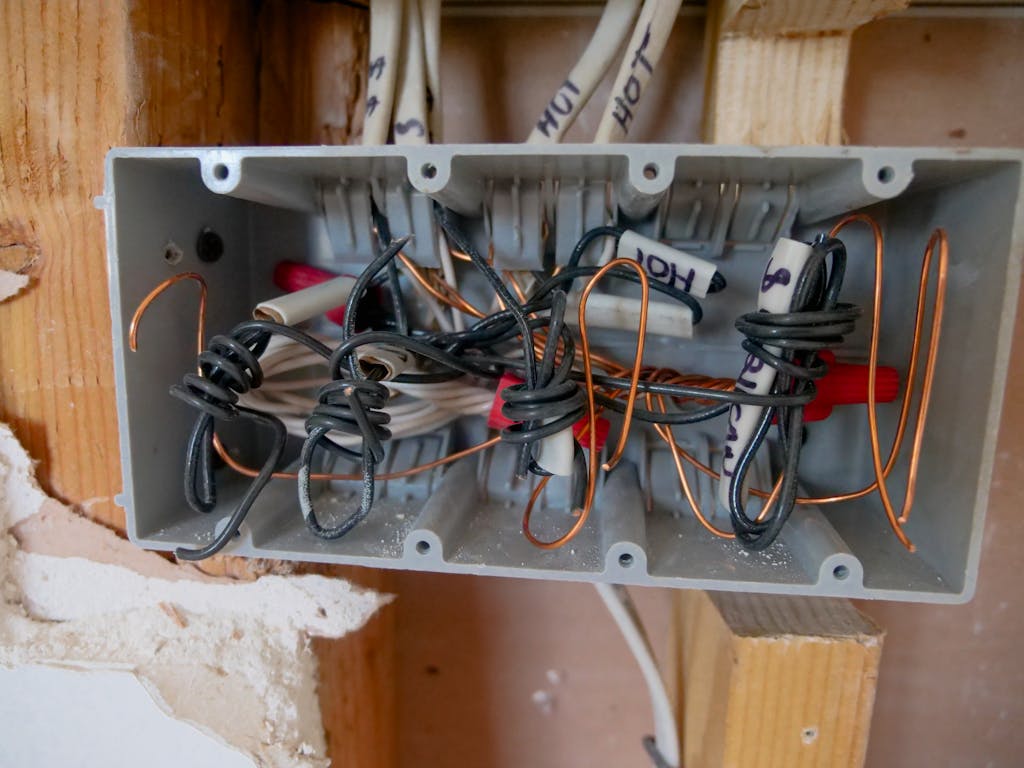
1. Flickering or Dimming Lights: The Silent Signal of a Fault
If your lights flicker or dim when you switch on other appliances, that’s a red flag. It often points to voltage fluctuation, overloaded circuits, or loose wiring connections.
While a single flicker can be harmless, persistent or widespread dimming usually means your wiring isn’t coping with your home’s electrical load. This is especially common in older properties that haven’t been rewired for modern appliances like air conditioners, geysers, or ovens.
Don’t ignore it: An electrician can test your circuits, identify voltage drops, and recommend rewiring or load balancing before the problem worsens.
2. Burning Smells, Buzzing, or Crackling Sounds
One of the most dangerous electrical warning signs is a faint burning smell – particularly near sockets, light switches, or your distribution board (DB).
This often indicates:
- Loose terminals creating arcing (tiny sparks that cause heat buildup).
- Melted insulation due to overloaded wiring.
- Damaged components inside sockets or light fittings.
Buzzing or crackling noises from plugs or switches also point to bad contacts or loose neutral wires. If ignored, these faults can ignite nearby materials.
Act immediately: Switch off the power at the DB and call an emergency electrician. Do not continue using the circuit.
For safety guidelines, refer to the Electrical Installation Regulations, 2009 (OHS Act R.242) (labour.gov.za).
3. Circuit Breaker Keeps Tripping
If your breaker trips repeatedly, it’s doing its job – protecting your home from excessive current. But frequent tripping indicates an underlying fault: either a short circuit, ground fault, or overloaded circuit.
Common causes include:
- Faulty appliances.
- Moisture or pests inside electrical fittings.
- Overloaded extension cords.
- Old wiring unable to handle increased current.
Resetting the breaker again and again without investigation is risky. It can damage your DB board and cables, or even start an electrical fire.
A professional fault-finding service can isolate which circuit is failing and whether your installation complies with SANS 10142-1, the national wiring standard.
4. Frequent Power Surges or Partial Outages
If your lights surge bright and then dip, or you lose power in one area of the house while others stay on, you could be dealing with:
- Faulty neutral connections.
- Lightning or supply issues from Eskom / municipal feed.
- Damaged breakers or wiring.
- Unstable backup power systems (like inverters or generators).
Power surges are especially destructive to modern electronics, appliances, and smart devices. A surge protector or whole-home surge arrestor can help – but the source of instability must be fixed first.
Get it checked: An electrician can perform voltage stability tests and protect your home from future surges. For compliance, any installation with surge protection must also be covered under your CoC inspection.
5. Old Wiring, Discoloured Sockets, or Shocks
If your home was built before the mid-1990s and has never been rewired, chances are your cables, insulation, and sockets are deteriorating.
Look for:
- Yellowed or brittle socket outlets.
- Shocks when touching metal appliances.
- Missing earth wires on plugs.
- Old two-pin plug sockets (non-compliant).
This isn’t just an age issue – it’s a safety hazard. According to the Electrical Conformance Board (ECB), any installation that doesn’t meet SANS 10142-1 must be repaired before a CoC can be issued (ecb.org.za).
The Hidden Risk: Your CoC Could Be Invalid
A Certificate of Compliance isn’t a one-time guarantee. It remains valid only as long as the installation remains unchanged and in safe condition (ecasa.co.za).
If you’ve made renovations, added circuits, or ignored ongoing electrical faults, your CoC can be considered void. This affects:
- Property sales: No transfer can proceed without a valid CoC.
- Insurance claims: Fire or damage caused by faulty wiring may not be covered.
- Tenant safety: Landlords are legally responsible for providing compliant installations.
Emergency Repairs: What a Professional Electrician Will Do
When you call an emergency electrician, expect a structured approach:
- Safety isolation – immediate shutdown of faulty circuits.
- Fault diagnostics – testing insulation, continuity, and earth leakage response.
- Repair or replacement – sockets, breakers, or sections of wiring.
- Compliance verification – ensuring all repairs meet SANS 10142-1.
- Issue or update of CoC – for insurance and legal compliance.
Never attempt DIY electrical repairs. It’s illegal to work on fixed wiring without registration under the Department of Employment and Labour’s regulations.
Buyer & Homeowner Tip: Always Check the Electrical Compliance
If you’re buying a property, ask for the CoC before signing the offer to purchase. Request:
- The electrician’s registration number.
- The inspection date.
- Whether the CoC covers all circuits (not just minor additions).
If in doubt, have an independent electrician perform a compliance recheck. This ensures you aren’t inheriting hidden electrical faults that could cost thousands later.
How Ronald George Electrical Can Help
With over 35 years of experience in the Cape Town area, Ronald George Electrical provides 24/7 emergency repairs, fault finding, and CoC inspections.
Our team is registered, insured, and fully compliant with SANS 10142-1 and OHS Act standards. We respond quickly to power faults, tripping breakers, burning smells, or complete blackouts – ensuring your safety and compliance.
Need emergency help right now?
Call Ronald George Electrical for immediate assistance. Fast response. Safe repairs. CoC-compliant results.
Safety First, Always
Electrical faults rarely fix themselves – they worsen quietly until a major failure occurs. The earlier you call a professional, the cheaper and safer the repair will be.
If you notice any of these five warning signs – flickering lights, burning smells, tripping breakers, surges, or outdated wiring – don’t wait. Protect your home, your family, and your investment by calling a qualified electrician today.
